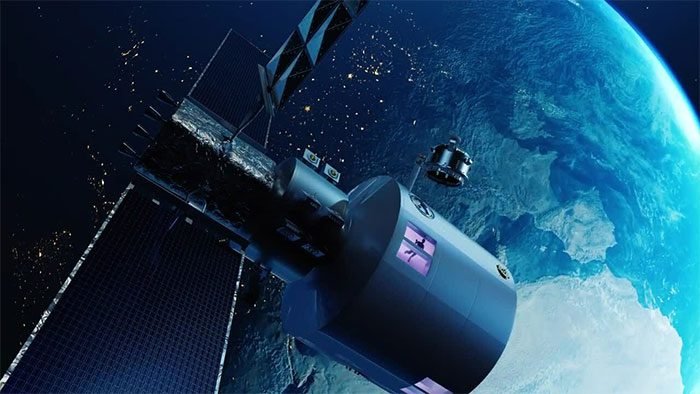Airbus and the American space exploration company Voyager Space announced on August 2 that they are establishing a joint venture to develop Starlab, a commercial version intended to replace the International Space Station (ISS).
(Video: Nanoracks).
The new joint venture, headquartered in Germany, is expected to meet the needs of space agencies around the world while also opening new opportunities for commercial users, according to Matthew Kuta, President of Voyager Space.
To replace the International Space Station (ISS), NASA plans to purchase services rather than manage the program itself, similar to what it has done with sending astronauts to space. Voyager Space secured a $160 million contract from NASA at the end of 2021 to develop Starlab.
NASA has also awarded $130 million to Blue Origin, Jeff Bezos’s company, and $126 million to Northrop Grumman to develop their own space station projects. The American company Axiom Space is also developing a space station with NASA’s support and collaboration with Thales Alenia Space.

Simulation of the Starlab space station.
Airbus’s involvement in the Starlab project will allow Voyager Space to provide services to the European Space Agency (ESA) and accommodate its astronauts. “We see ourselves as representatives, or perhaps as the spearhead of Europe in this matter. Of course, we are also doing this to bring ESA and its member countries along with us,” said Michael Schoellhorn, CEO of Airbus Defense and Space.
Starlab is expected to launch into orbit in 2028. The new space station will have a diameter of 8 meters, nearly double that of the ISS, but its volume will be only half that of the ISS due to the latter having many modules. “NASA and other space agencies will be at the core of our work with the first Starlab station,” said Dylan Taylor, CEO of Voyager Space. He also mentioned that Starlab will be dedicated to research and work in microgravity, which is crucial for the pharmaceutical industry, and is not aimed at space tourism.


















































